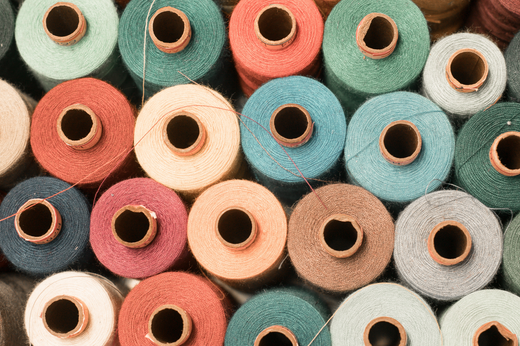Greenwashing–where companies exaggerate or misrepresent their environmental efforts–was once an effective marketing tactic. But today, it’s increasingly met with skepticism. As consumers become more informed and regulator scrutiny intensifies, greenwashing isn’t just ineffective; it’s a liability.
So why is greenwashing failing, and what’s the alternative for brands aiming to stay relevant in a sustainability-driven world?
The Rise of Savvy Consumers
Modern consumers are more educated about sustainability than ever. According to recent data, 82% of consumers are willing to pay more for sustainable packaging solutions. However, they demand proof of genuine efforts, not vague promises. Greenwashing tactics like vague claims (“eco-friendly” or unverified labels) are no longer enough to earn trust.
What this means for Brands:
Transparency is the new currency of trust. Sharing clear, data-backed insights about your sustainability initiatives can set you apart.
The Regulatory Crackdown
Regulators worldwide are cracking down on misleading sustainability claims. From strict PFAS regulations to bands on single-use plastics, companies face increasing pressure to ensure their materials and claims comply with evolving standards.
What this means for Brands:
Organizations must focus on solutions that not only meet today’s requirements but also future-proof. Staying ahead of regulatory shifts can protect your reputation and avoid costly penalties.
Greenwashing Hurts Innovation
When companies rely on surface-level claims, they miss the opportunity to innovate. Industry leaders like Mestä Board and Impermea Materials are proving that genuine sustainability can align with performance and cost-effectiveness.
What This Means for Brands:
Investing in advanced materials, such as PFAS-free, recyclable, and high-performing solutions, enables brands to deliver real value. These innovations help balance sustainability goals with product functionality.
What Comes Next? Leading with Performance and Transparency
The end of greenwashing paves the way for a more responsible and innovative approach to sustainability. Companies can thrive by:
-
Embracing validated performance metrics that showcase tangible benefits.
-
Prioritizing collaboration with trusted partners who share sustainability goals.
-
Communicating their efforts with transparency, including lifecycle analysis and independent testing results.
The Future Belongs to Innovators
Brands that embrace these principles will not only earn consumer trust but also position themselves as leaders in the sustainable transformation of industries.
Ready to Move Beyond Greenwashing?
Dive deeper into how leading brands like Metsä Board and Impermea Materials are redefining sustainability with proven strategies and cutting-edge materials.
Download the Free eBook: Beyond Greenwashing—How Industry Leaders Are Redefining Sustainable Packaging



